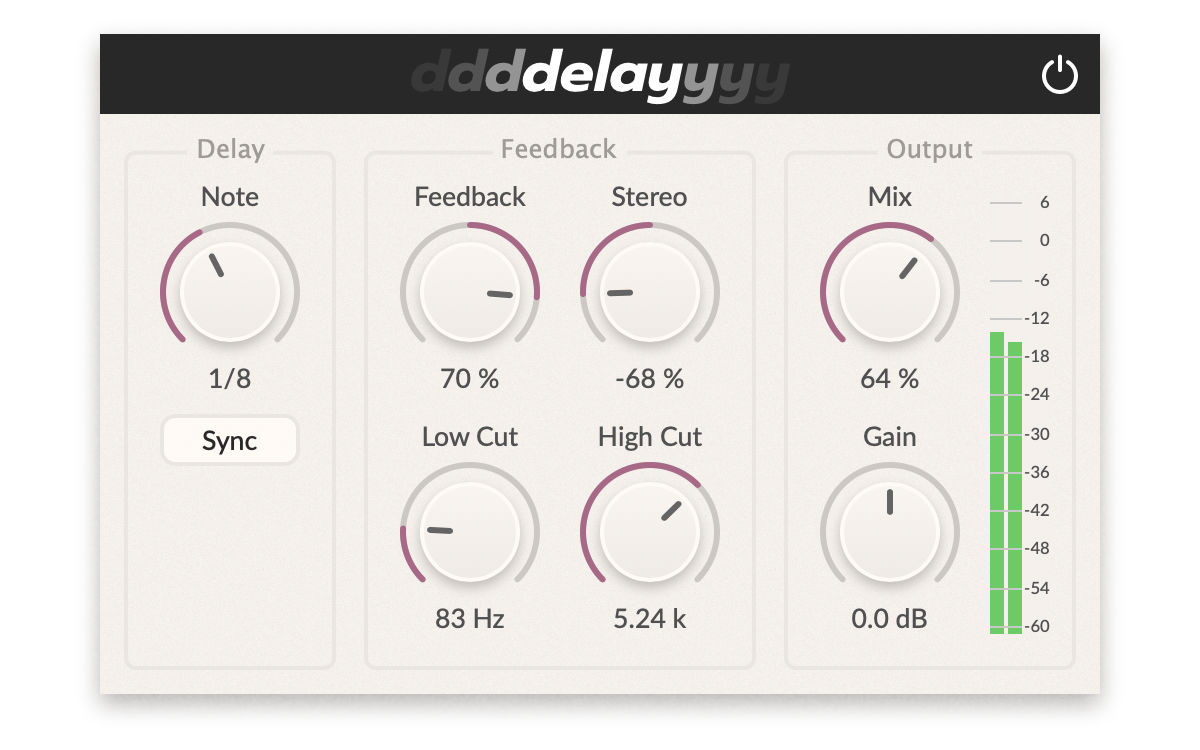The Complete Beginner’s Guide
Learning how to make plug-ins even if you don’t know how to code (yet).
I wrote a new book: The Complete Beginner’s Guide to Audio Plug-in Development!
Joshua Hodge from The Audio Programmer asked me to put together a tutorial aimed at complete beginners — people who have never written any code before — that explains every step of getting started with audio software development.
Learning to program can be daunting, especially in a beginner-unfriendly language such as C++, the standard language for making audio software.
Not only do you need to get to grips with new tools, such as Xcode or Visual Studio that you’ll use to write, compile, and debug your programs — being able to code means you’ll actually need to learn a completely new way of thinking… 🤯
The whole process can be rather overwhelming, there’s just so much to wrap your head around! That’s why this new book walks you through all the steps involved in building a real audio plug-in, starting from absolutely zero and ending up with a polished product that you can load up in your DAW and use. No prior programming experience is necessary.

The example project that you’ll create is a ping-pong delay VST. At first sight this plug-in may seem basic but there’s a lot happening under the hood. Along the way we cover many topics that form the foundation of audio programming, such as:
- installing the development environment (for Windows and Mac)
- writing your first lines of C++ code
- using DSP building blocks such as gain, delay lines, feedback, and filters
- communicating with the DAW
- parameter smoothing
- crossfading and ducking
- making a good-looking user interface
- tempo sync
- monitoring output levels
- testing and debugging
- how to release the VST or AU plug-in to users, including code signing
- and much more…
These are topics that you’ll run into time and again in pretty much every audio programming project you’ll undertake. That’s why we picked this particular example as the subject of the book — it demonstrates many of the things you need to know to create your own plug-ins. Most importantly, the book shows how all these different pieces fit together.

The book uses the industry standard JUCE framework. We’ll even do a deep dive into the theory and practice of digital signal processing (DSP), where you’ll learn how to write a circular buffer from scratch, including advanced methods of interpolation — and why we even need such a thing. There’s a lot of practical advice packed into this book. It’s worth reading twice!
The goal of this beginner’s guide is to lower the barrier of getting started with audio development. No knowledge of C++, software development, or mathematics is assumed. The book explains everything at a friendly pace.
In The Audio Programmer community we see too often that people with an interest in making their own audio software give up before they even get started because C++ and DSP theory is just too intimidating. With this book you will at least stand a chance! 😅
Get the book at The Audio Programmer and Amazon.
P.S. See also this YouTube interview I did with Josh about the book.